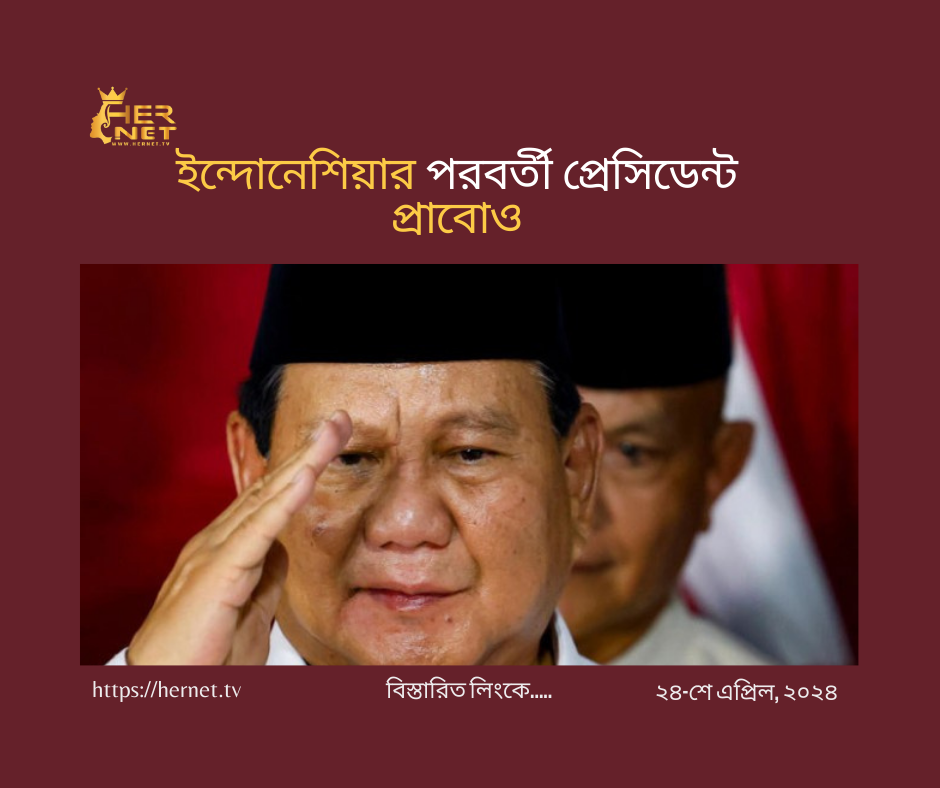Participation in climate and environmental decision-making is a fundamental human right, and ensuring the equal participation of people of all genders is not just a matter of equity but a necessity for effective and sustainable outcomes. However, recent data reveals a persistent challenge: women remain under-represented in decision-making processes within the landscape of climate negotiations.
Within the UNFCCC space, where critical decisions shaping global climate policies are made, efforts to achieve gender balance have fallen short. Despite 132 UNFCCC decisions addressing gender, with 54 specifically mentioning gender balance in decision-making, statistics from COP28 underscore the ongoing disparity. At the latest conference, only 34 percent of delegates were women, with a mere two percent of delegations achieving gender parity. This imbalance highlights the urgent need for more concerted efforts to promote gender inclusivity within the UNFCCC framework.
Women, girls, and gender minorities disproportionately bear the brunt of climate change impacts. They face limited access to resources, carry out caregiving duties during crises, and often intersect vulnerabilities with socioeconomic status. Empowering women in climate action involves ensuring their representation in decision-making structures, allowing them to contribute their unique knowledge and expertise.
To achieve this, integrating gender perspectives into national policies, sustainable development plans, and climate interventions is crucial. Women’s participation in developing funding criteria, allocating resources, and shaping innovative technologies is vital for creating adaptive, appropriate, and sustainable solutions.
The integration of women’s voices and the recognition of their agency and leadership in climate governance should be promoted not only at global climate discussions but also within the private sector. Indigenous and local women’s empowerment in climate leadership roles is essential for promoting locally led initiatives for adaptation. However, barriers such as the lack of affordable childcare and economic disparities hinder their participation and progress.
Furthermore, adopting a feminist approach to climate justice involves addressing intersectionality—the multifaceted nature of social identities and power structures. Marginalized communities, such as Indigenous peoples and individuals with disabilities, face unique challenges exacerbated by climate change. Environmental racism, for instance, results in higher rates of pollution-related health issues and vulnerability to climate-related disasters in marginalized communities.
While feminist approaches offer significant opportunities for driving positive change, challenges persist. Patriarchal norms and traditional power structures limit women’s access to decision-making processes and resources. Limited awareness of gendered dimensions of climate change among policymakers and insufficient capacity to implement feminist approaches further complicate efforts to address differential impacts.
However, collaboration between governments, NGOs, and grassroots organizations presents a pathway forward. By investing in evidence-based policy advocacy, capacity building, and community engagement, these stakeholders can integrate feminist perspectives into climate change planning processes and empower marginalized voices. Leveraging partnerships enables the promotion of women’s leadership, fosters gender-responsive approaches to climate action, and advocates for gender-sensitive policies and programs.
Advancing climate justice through a feminist lens requires concerted efforts to promote gender inclusivity, challenge patriarchal norms, and address systemic injustices. By working together, we can create a more just, equitable, and sustainable future for all.



